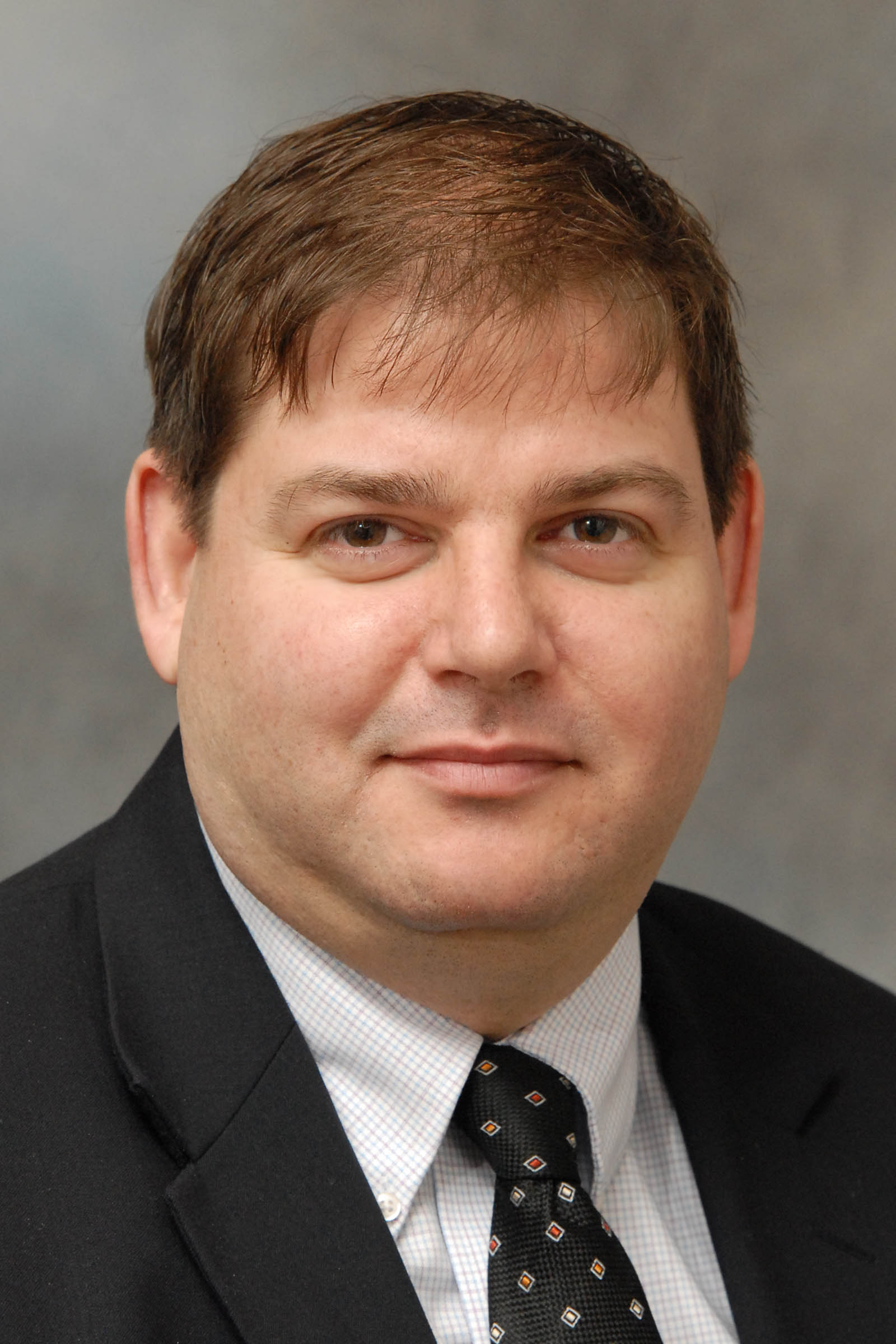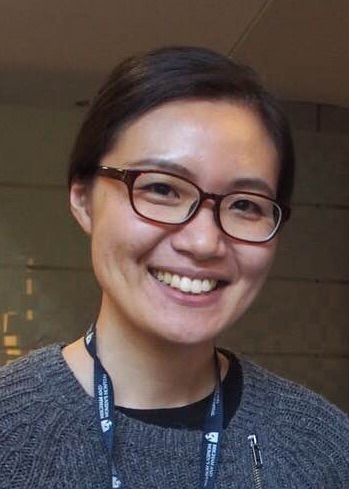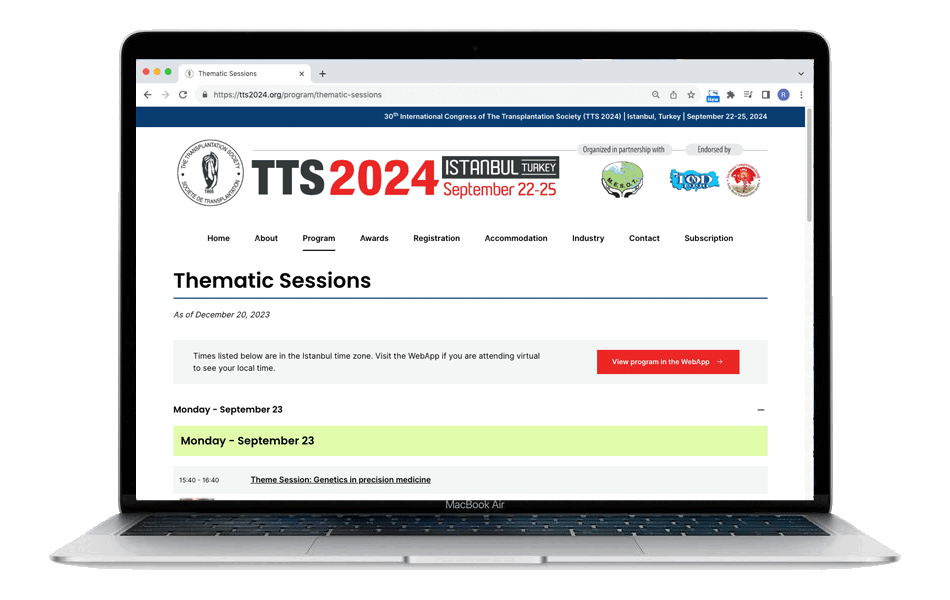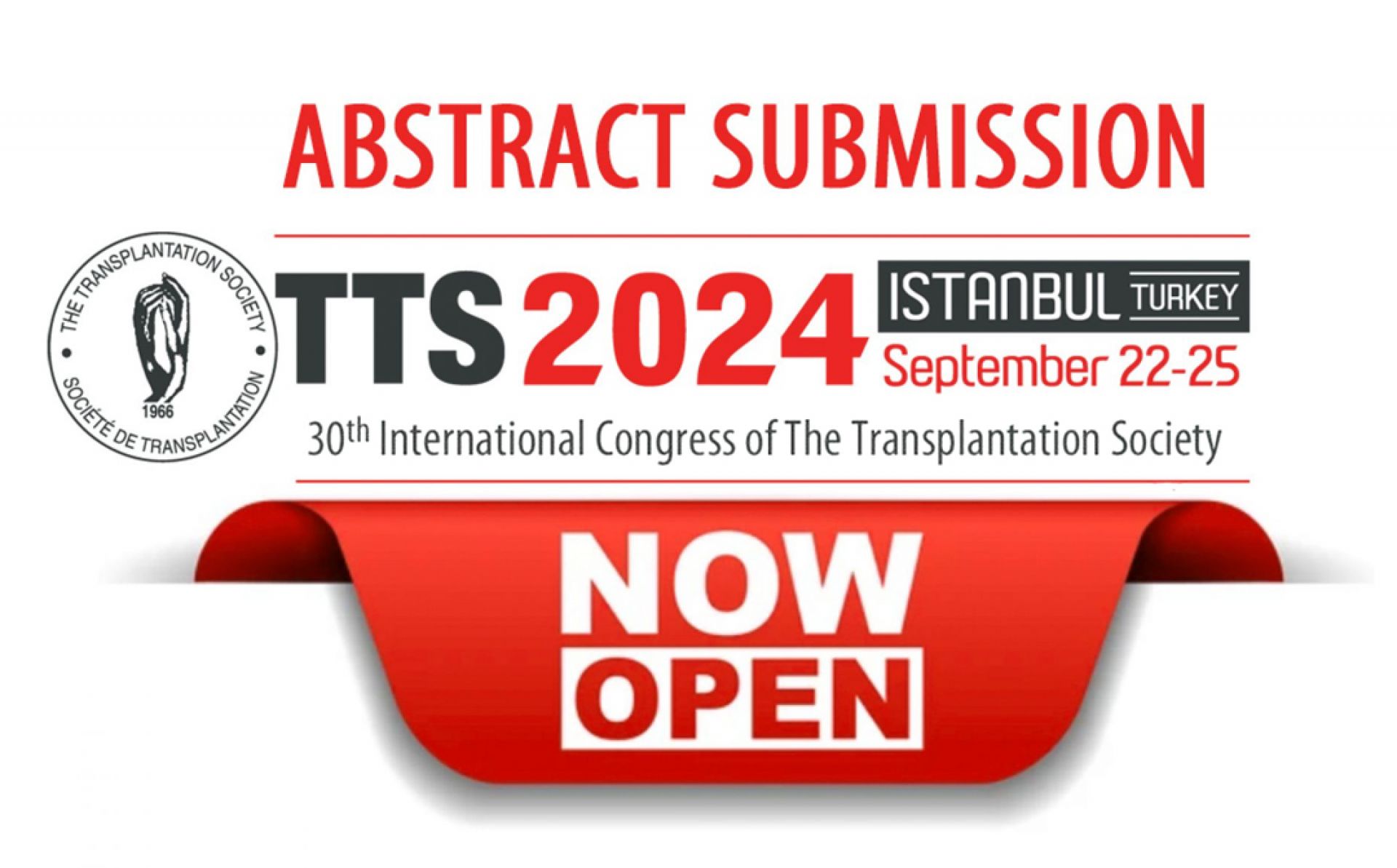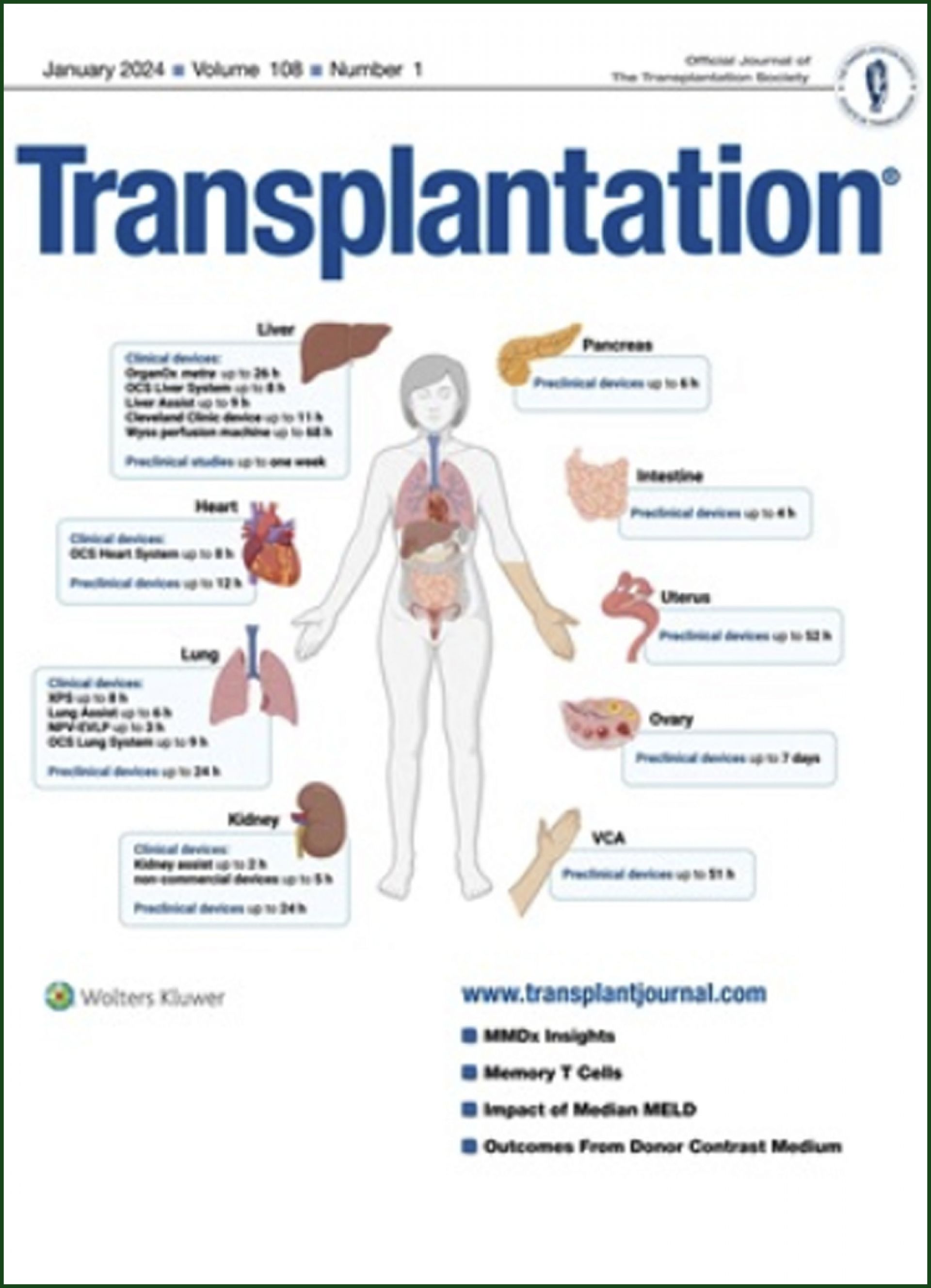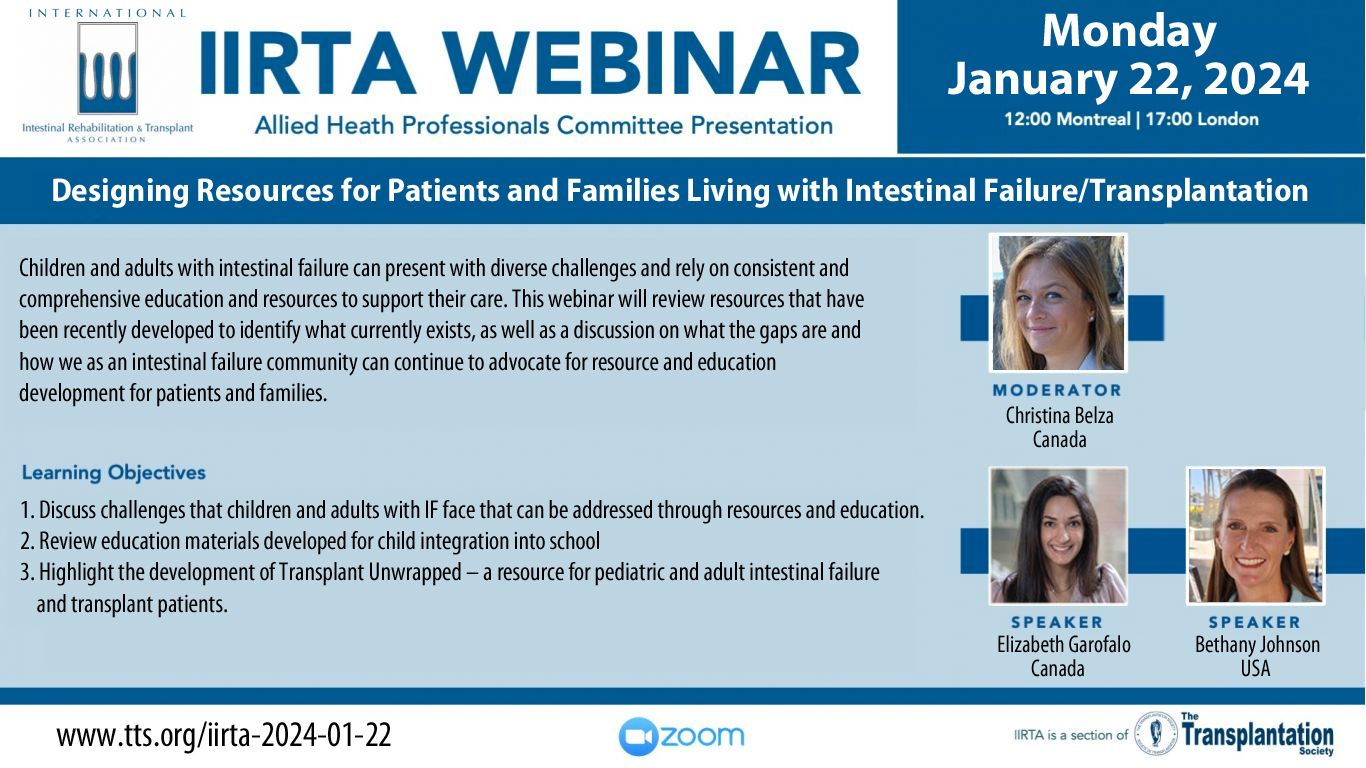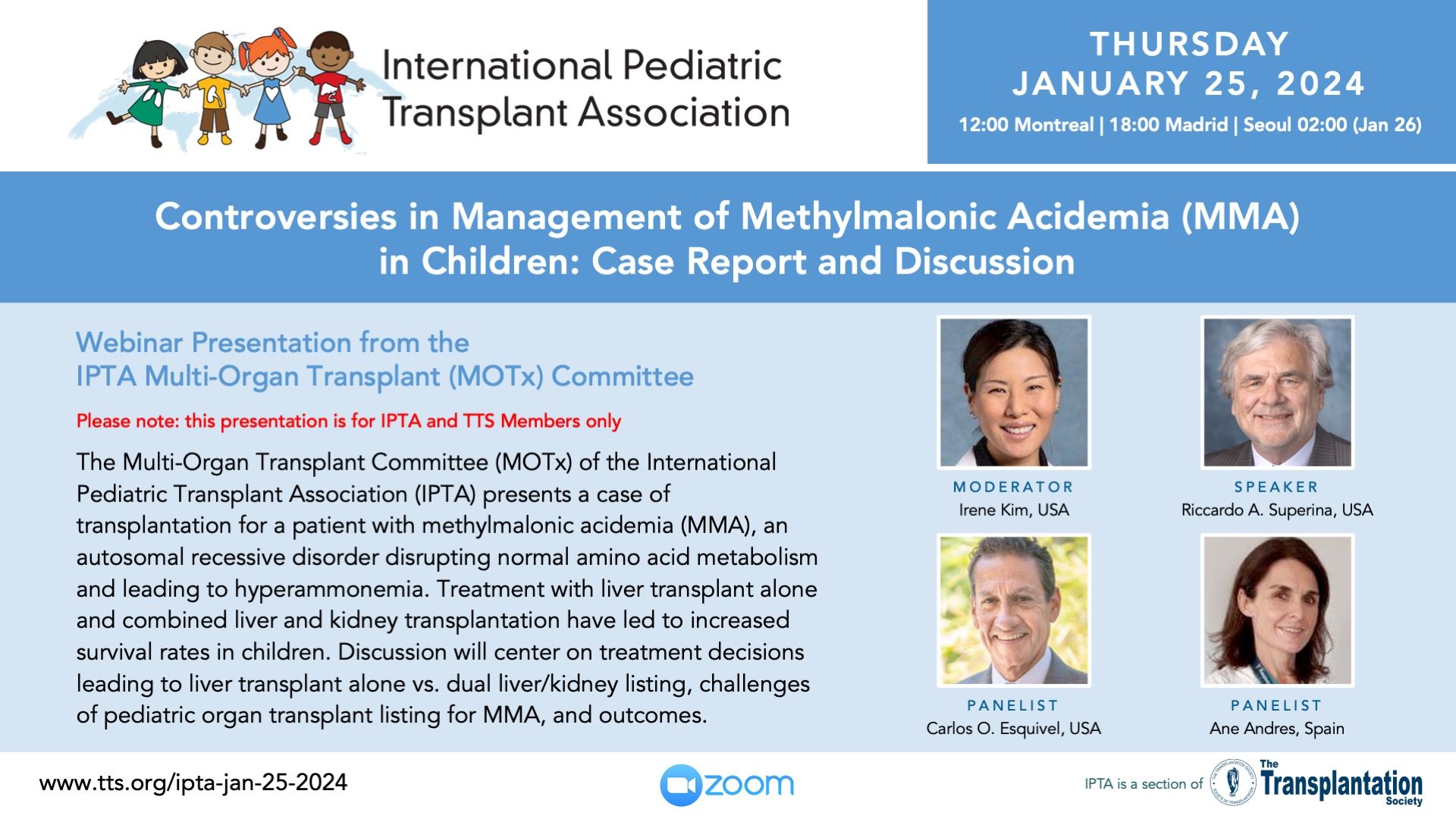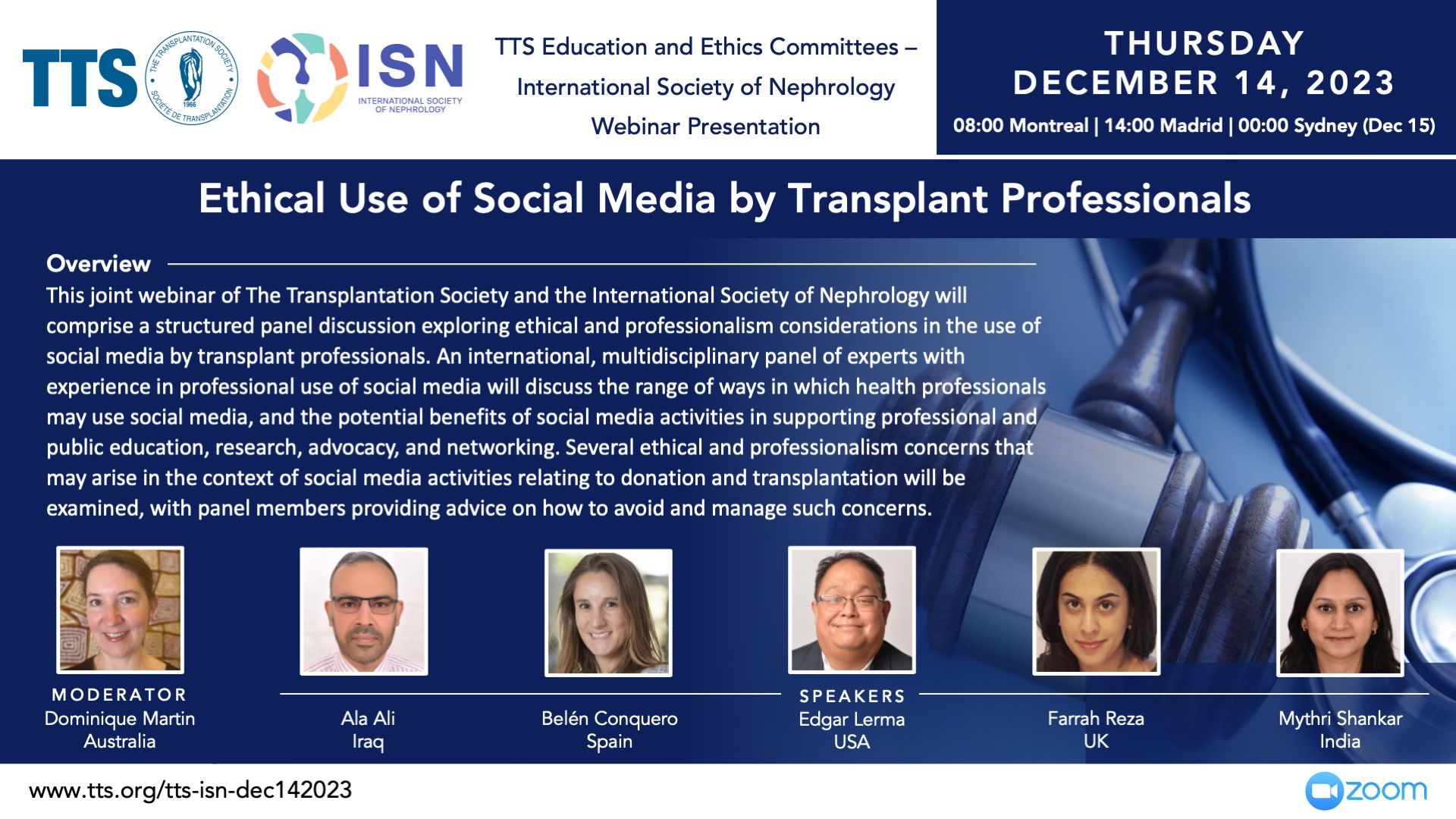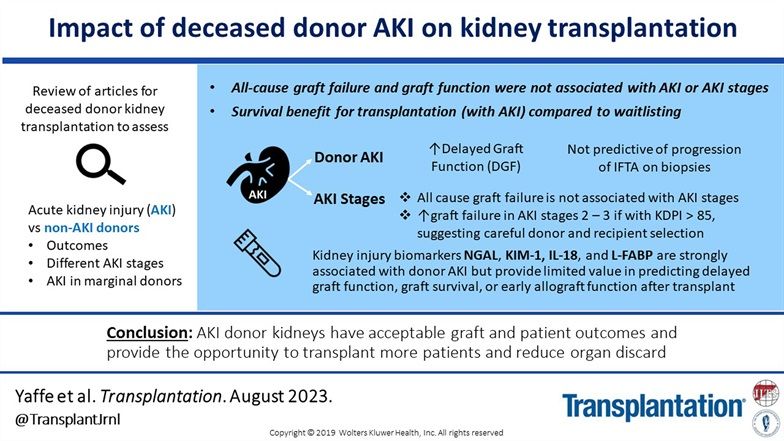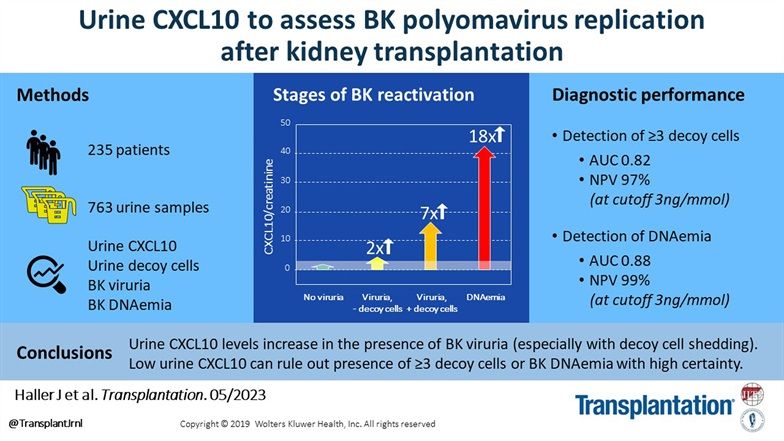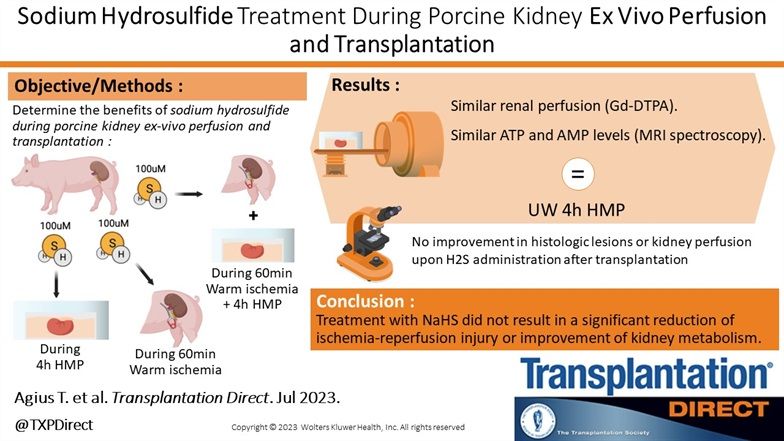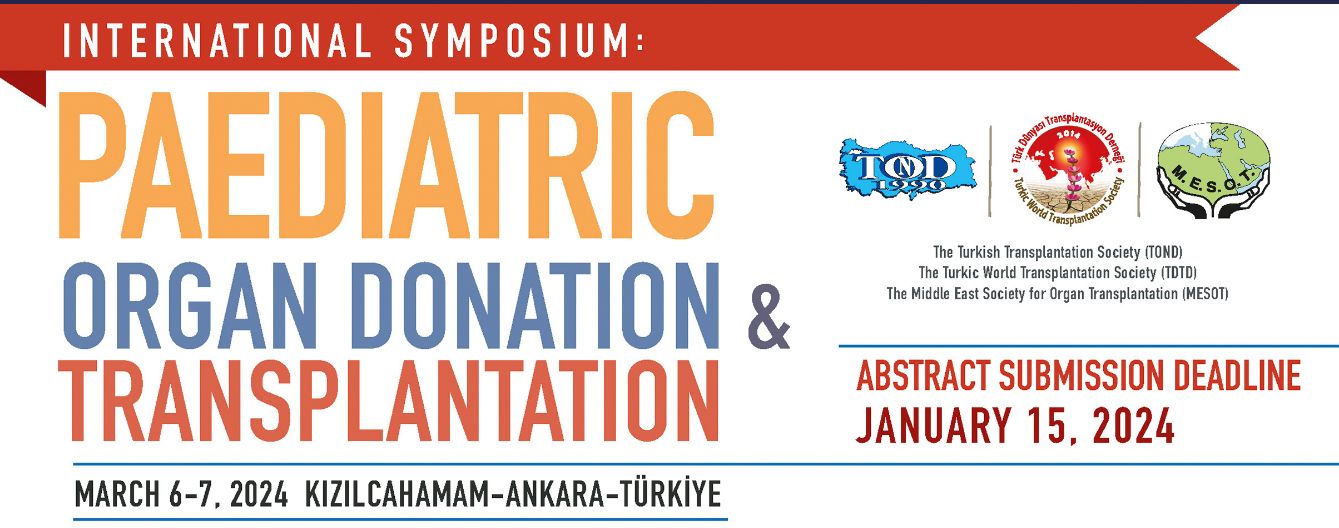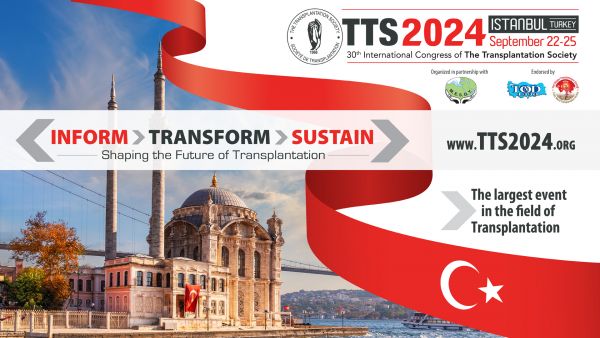
Just Released - Transplantation - January Issue
A bumper edition to start the new year with a plethora of important papers and overviews covering everything from tipping the balance of Tregs to analyses of the best way forward for HCC. Donors given pre-donation IV contrast provide reassuring data. There is more on perfusion systems and the basic sciences of preservation and the surgical methods of retrieval for DCDD organs. Non-HLA antibodies. MICA and a variety of indicators of outcome will help refine clinical decision making pretransplant while an explanation of the MMDX system may help post-transplant decision making.
Table of Contents
Around the World
Research Highlights
Game Changer
People in Transplantation
Expert Insight
Commentaries
- IL-35 Therapy Boosts Treg in Transplantation
- Context to the Analysis of High Risk of Microvascular Invasion on Liver MRI When Considering Resection or Transplantation as Treatment Options for Hepatocellular Carcinoma
- Minimization of Transplant Immunosuppression: An Elusive Goal
- The Devil Is in the Details: The Effect of Contrast Medium Administered Before Organ Procurement on Kidney Transplant Outcomes
- Immunosuppression in Pediatric Heart Transplantation—The Leaner the Better?
Reviews
- Normothermic Machine Perfusion Systems: Where Do We Go From Here?
- The Molecular Phenotype of Kidney Transplants: Insights From the MMDx Project
- Clinical Decision Support Systems Used in Transplantation: Are They Tools for Success or an Unnecessary Gadget? A Systematic Review
- Mitigating Health Disparities in Transplantation Requires Equity, Not Equality
- The Significance of Major Histocompatibility Complex Class I Chain-related Molecule A in Solid Organ and Hematopoietic Stem Cell Transplantation: A Comprehensive Overview
- Viral Hepatitis Necessitating Liver Transplantation in Children
- The Entangled World of Memory T Cells and Implications in Transplantation
- Cellular Immunobiology and Molecular Mechanisms in Alloimmunity—Pathways of Immunosuppression
Original Basic Science
- IL-35 Stabilizes Treg Phenotype to Protect Cardiac Allografts in Mice
- A Single Preservation Solution for Static Cold Storage and Hypothermic Oxygenated Perfusion of Marginal Liver Grafts: A Preclinical Study
- Combining Oxygenated Cold Perfusion With Normothermic Ex Vivo Perfusion Improves the Outcome of Donation After Circulatory Death Porcine Kidney Transplantation
Original Clinical Science—Liver
- Simultaneous Lung-abdominal Organ Procurement From Donation After Circulatory Death Donors Reduces Donor Hepatectomy Time
- Microbial Contamination During Long-term Ex Vivo Normothermic Machine Perfusion of Human Livers
- Impact of Median MELD at Transplant Minus 3 National Policy on Quality of Transplanted Livers for Patients With and Without Hepatocellular Carcinoma
- Recurrence-free Survival After Liver Transplantation Versus Surgical Resection for Hepatocellular Carcinoma: Role of High-risk MRI Features
- Racial and Ethnic Disparities in Liver Transplantation for Alcohol-associated Liver Diseases in the United States
- Impact of Liver Transplantation on Adipose Tissue Compartments and Its Association With Metabolic Sequela
Original Clinical Science—General
- From 6-wk Lungs to 6 y: Increasing the Donor Pool for Pediatric Lung Transplantation
- Medium-term Outcomes in Pediatric Heart Transplant Recipients Managed Using a Steroid Avoidance Immune Suppression Protocol
- Tacrolimus After rATG and Infliximab Induction Immunosuppression—RIMINI Trial
- Transplant Outcomes After Exposure of Deceased Kidney Donors to Contrast Medium
- A Head-to-head Comparison of De Novo Sirolimus or Everolimus Plus Reduced-dose Tacrolimus in Kidney Transplant Recipients: A Prospective and Randomized Trial
- Non-HLA Antibodies to G Protein–coupled Receptors in Pediatric Kidney Transplant Recipients: Short- and Long-term Clinical Outcomes
- Development and Internal Validation of a Questionnaire Assessing Predisposition to Nonadherence to Immunosuppressive Medication in Kidney Pretransplant Patients
- Effectiveness of a Fourth COVID-19 mRNA Vaccine Dose Against the Omicron Variant in Solid Organ Transplant Recipients
Letter to the Editor
Upcoming Webinars
Please note: this presentation is for IPTA and TTS Members only.
Women in Transplantation 2024 Research Grants

WIT is delighted to announce that requests for applications are now open for the 2024-2026 Research Fellowship Grants for Research in Gender and Sex in Transplantation.
This will be the fourth year that we are offering research fellowships in sex and gender in solid organ transplantation. These fellowships will support the next generation of scientists, furthering our understanding of the importance of sex and gender in transplantation. This is a growing field of interest and the more we learn the closer we are to applying these findings to clinical care to benefit patients and donors.
Last Call - New Editor-in-Chief for Transplantation and Transplantation Direct
International Symposium on Pediatric Organ Donation & Transplantation
TTS Call for Nominations

We are now accepting nominations for three (3) Officer positions and nine (9) Councilors-at-large positions representing the Regions.
Contact
Address
The Transplantation Society
International Headquarters
740 Notre-Dame Ouest
Suite 1245
Montréal, QC, H3C 3X6
Canada
Используйте Вавада казино для игры с бонусом — активируйте промокод и начните выигрывать уже сегодня!





















